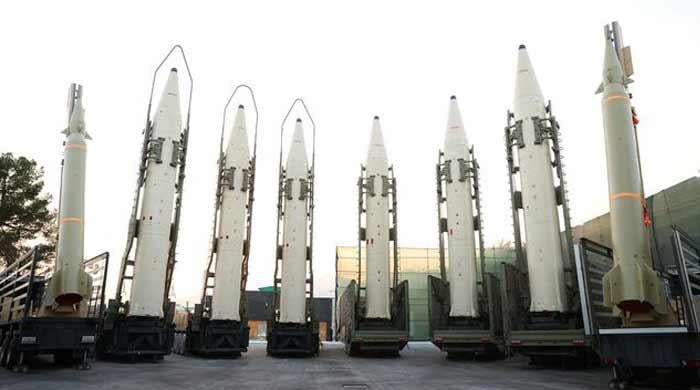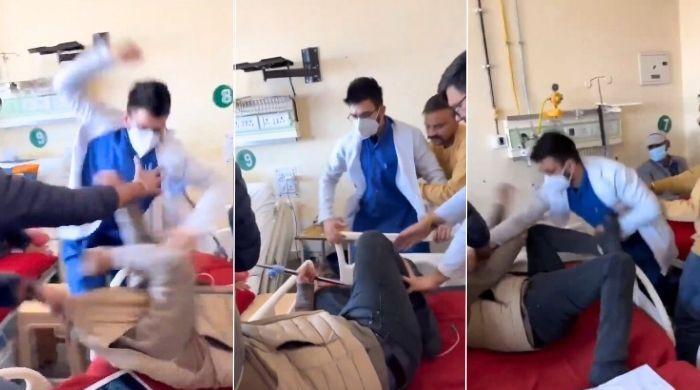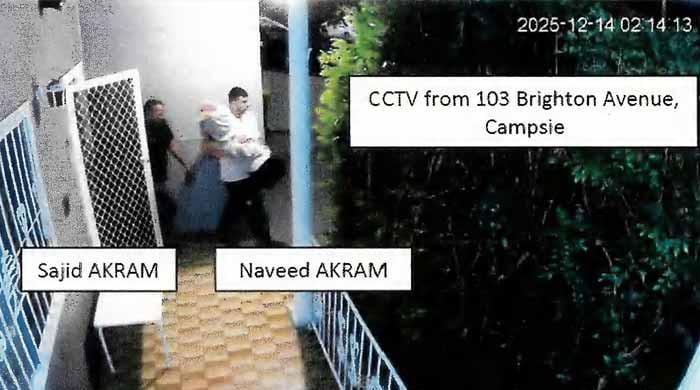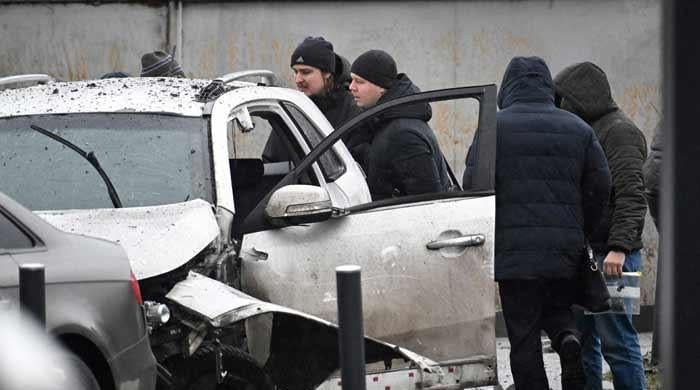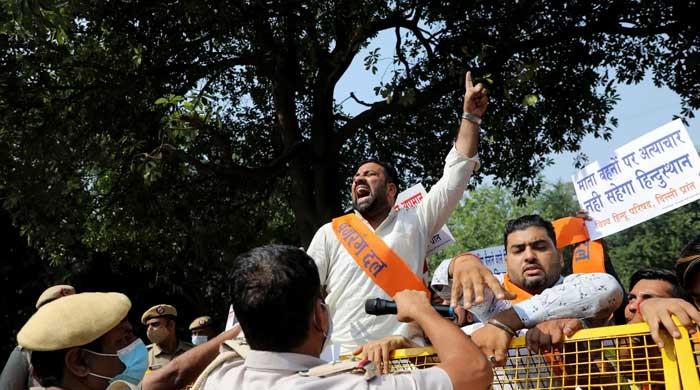British PM Boris Johnson under fire for confusing Indian farmers' protest with Kashmir conflict
“Is it too much to ask for a PM who knows the difference between Kashmir & Punjab?” asks UK MP Zarah Sultana
December 10, 2020
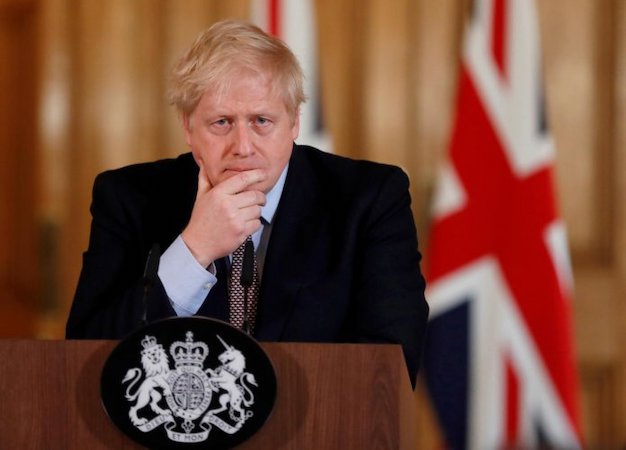
LONDON: British Prime Minister Boris Johnson is being criticised for being “absolutely clueless” in his response to a question regarding the ongoing farmers’ protest in India.
During the Prime Minister’s Questions in the UK Parliament, Britain’s first turban-wearing Sikh MP, Tanmanjeet Sindh Dhesi, had asked Johnson to show solidarity with the tens of thousands of farmers in India protesting against the Narendra Modi government’s anti-farmer bills.
The Labour MP said many of his constituents, especially those hailing from Punjab and other parts of India, had been horrified to see footage of water cannons, tear gas, and brute force being used against peacefully protesting farmers.
“It was heartwarming to see farmers feeding the forces who had been ordered to beat or suppress them. What indomitable spirit. It takes a special kind of people to do that,” he commented.
Dhesi then asked the British premier if he would “convey our anxieties, hopes for a speedy resolution and the fundamental right to protest” to Indian Prime Minister Modi.
Johnson’s gaffe
Johnson’s response to the cue was that the United Kingdom has “serious concerns about what is happening between India and Pakistan, but these are preeminently matters for those governments to settle”.
In his ignorance, Johnson had replied with an official line repeatedly used for Indo-Pak matters in Kashmir. He had clearly confused the current farmers’ protest with the ongoing Indo-Pak dispute over Kashmir.
The aghast look on Dhesi's face as Johnson made the remarks clearly conveyed the shock at the blunder.
Read our explainer on why Indian farmers are actually protesting
Confusing Punjab with Kashmir
Sharing a clip of the exchange, Dhesi said everyone has the fundamental right to protest peacefully “but it might help if our PM actually knew what he was talking about!”
“The world is watching, the issue is a huge one with hundreds of thousands protesting globally (including in London) and the usual Boris Johnson bluff and bluster heaps further embarrassment onto our nation. Absolutely clueless! So disappointed with his response.”
“The level of incompetence shown here by PM Johnson is breathtaking. A question on farmer's rights and peaceful protest leaves the PM floundering. I mean what has Pakistan got to do with anything here?” wrote Labour leader Jas Athwal.
Labour MP Afzal Khan called Johnson’s gaffe “a new low" even for Boris Johnson. “Just a reminder, that Johnson was the former Foreign Secretary. Yet, he still managed to confuse [Indian] Punjab with Kashmir. A former Foreign Secretary,” he wrote, concluding his tweet with a 'facepalm' emoji.
“Is it too much to ask for a PM who knows the difference between Kashmir & Punjab?” tweeted MP Zarah Sultana, who also concluded her tweet with a facepalm emoji.
“We are extremely disappointed that the prime minister confused the current farmers’ protest with the territorial dispute between India and Pakistan,” said the general counsel for Sikhs for Justice, Gurpatwant Singh Pannu.
“People’s lives are at risk here, and the PM must pay attention to the severity of the situation in Punjab, where brute force and teargas are being used by the Indian authorities against farmers protesting peacefully.”
Read more: Farmers reject Indian govt's offer to amend laws, protests to escalate
Why are the farmers protesting?
Farmers have been demonstrating since late last month over reforms enacted in September that loosened rules around the sale, pricing, and storage of farm produce, that had protected farmers from an unfettered free market for decades.
The majority of farmers believe the news laws could pave the way for some of India’s leading corporations to enter the Indian agriculture trade.
Small growers, in particular, fear that they will be at the mercy of big business if they are no longer assured of floor prices for staples such as wheat and rice sold at government-controlled wholesale markets.
The protests, led by influential farming groups from the grain-producing states of Haryana and Punjab, pose a major challenge to Modi as he seeks to reform the vast agriculture sector, which makes up nearly 15% of India’s $2.9 trillion economy and employs around half of its 1.3 billion people.
The protests went international when thousands surrounded the Indian High Commission in London for nearly three hours on December 6.
Read more about the London protest here.





